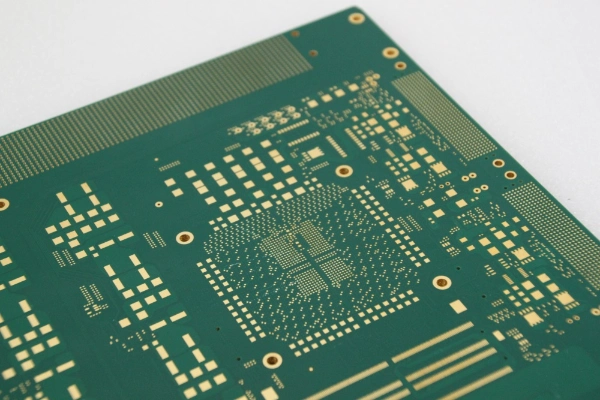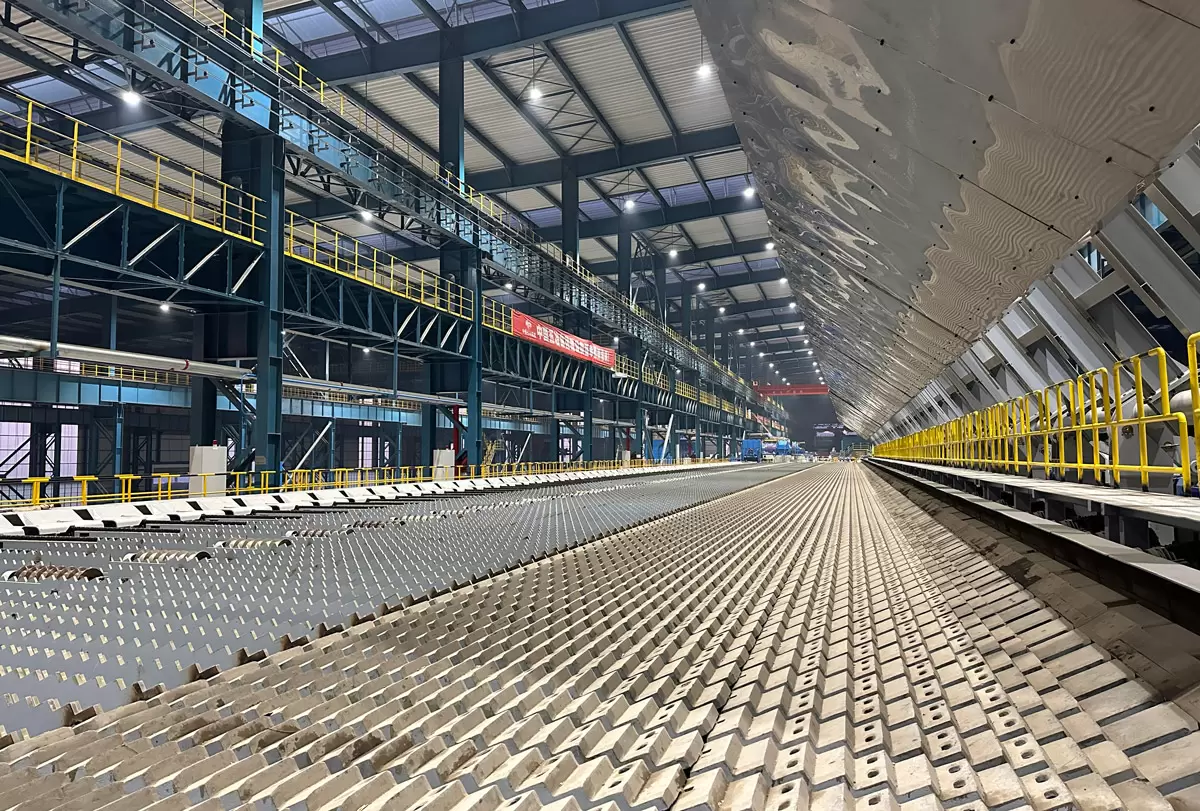Artificial Intelligence (AI) has emerged as a transformative technology, revolutionizing various industries and reshaping the way we work. As AI continues to advance, concerns about job displacement and automation have become increasingly prevalent. In this blog post, we will delve into the potential impact of AI on the job market by 2050, exploring various perspectives and shedding light on the number of jobs that could be replaced.
- The Rise of AI and Automation:
AI and automation have already begun to disrupt traditional job roles across industries. From manufacturing to customer service, AI-powered systems are streamlining processes, enhancing efficiency, and reducing the need for human intervention. However, it is crucial to note that while AI may replace certain tasks, it also creates new opportunities and job roles that require human expertise. - Assessing the Potential Job Displacement:
Estimating the exact number of jobs that AI will replace by 2050 is a complex task. Several studies and reports have attempted to predict the impact, but the results vary significantly. Factors such as technological advancements, economic conditions, and societal acceptance play a crucial role in determining the extent of job displacement. - Industry-Specific Analysis:
a) Manufacturing and Transportation: AI-driven robots and autonomous vehicles have the potential to replace a significant number of jobs in these sectors. However, new roles will emerge, such as AI system operators and maintenance technicians.
b) Healthcare: AI can augment healthcare professionals by automating routine tasks, enabling them to focus on complex diagnoses and personalized patient care. While some administrative roles may be replaced, the demand for skilled healthcare workers is expected to grow.
c) Finance and Banking: AI algorithms are transforming financial services, automating tasks like fraud detection and risk assessment. This may lead to a reduction in certain roles, but new positions in data analysis and AI strategy will emerge. - The Importance of Human Skills:
While AI may automate repetitive tasks, it cannot replicate certain human skills such as creativity, emotional intelligence, and critical thinking. Jobs that require these skills, such as innovation, leadership, and complex problem-solving, are likely to remain in high demand. - Adapting to the Changing Landscape:
To thrive in an AI-driven future, individuals and organizations must embrace lifelong learning and adaptability. Upskilling and reskilling programs will be crucial to equip workers with the necessary skills to collaborate with AI systems effectively.
Conclusion:
Predicting the exact number of jobs that AI will replace by 2050 is challenging, as it depends on various factors. While some jobs may become obsolete, AI also creates new opportunities and roles. The key lies in understanding the potential of AI as a tool to augment human capabilities rather than replace them entirely. By embracing the changing landscape and acquiring the skills needed to collaborate with AI, individuals can navigate the future job market successfully.





